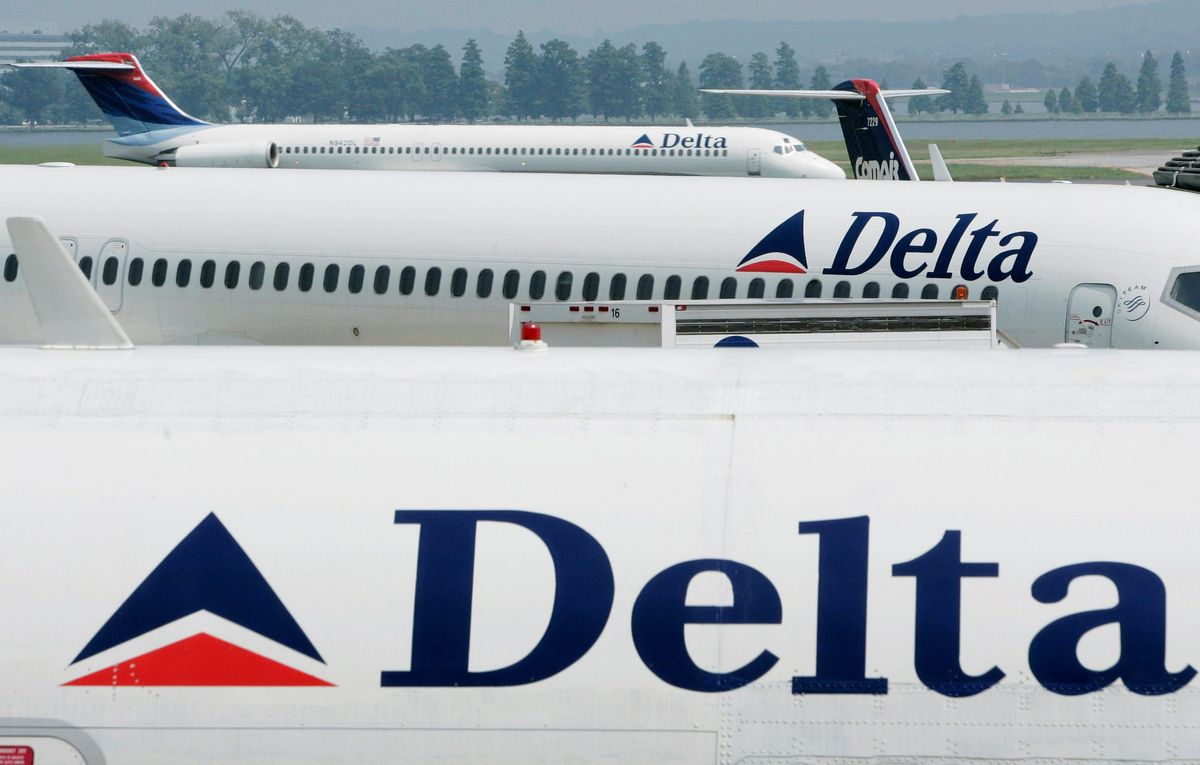Businesses are taking harder political and social stances. Should they be?

A few minutes every morning is all you need.
Stay up to date on the world's Headlines and Human Stories. It's fun, it's factual, it's fluff-free.
Whether it’s Coca-Cola or Delta Air Lines, businesses are speaking up over social and political issues – with the support of many Americans.
What does this have to do with Coca-Cola or Delta Air Lines?
- Coca-Cola and Delta Air Lines are two companies that have recently spoken out over the controversy surrounding Georgia’s recent voting laws.
- While it may seem weird that these companies are speaking out over something that should have little to do with them, the reason is because these companies are two of the largest employers in all of Georgia.
- According to zippia.com, Delta and Coca-Cola employ a combined 149,164 people.
- Delta originally refused to take a hard stance on the Georgia voting law and Ed Bastian, Delta’s chief executive, only took a hard stance on the issue after protests and boycotts were called at the Hartsfield-Jackson Atlanta International Airport located in Georgia.
- “The entire rationale for this bill was based on a lie: that there was widespread voter fraud in Georgia in the 2020 elections,” Bastian wrote in a memo. “This is simply not true. Unfortunately, that excuse is being used in states across the nation that are attempting to pass similar legislation to restrict voting rights.”
Do Americans want their companies to take political stances?
- Many Americans, at this point and time, expect their favorite brands to be more vocal about social and political issues.
- A recent survey by Forrester shows that 35% of adults are more likely to support brands that take a specific stance on social, environmental and political issues.
- The survey was released the same day that hundreds of chief executive officers and business leaders of giant corporations such as Amazon, General Motors and Starbucks signed a statement speaking out against restrictive voting laws in America.
- “Ten or 15 years ago, people were sorting out the extent of permission,” says Edelman CEO Richard Edelman. “And now I think it’s expectation. I think the consumer expects you, not permits you.”
- While many consumers want their businesses to speak out on issues, customers are very aware when companies are just pandering to what consumers want, as seen with the recent wave of “rainbow-washing.”
How are companies pandering to consumers?
- In his recent Netflix comedy special, “Inside," Bo Burnham points out this weird relationship between businesses and social causes in a joke where he pretends to be a “social brand consultant.”
- “The question is no longer, ‘Do you want to buy Wheat Thins?’ for example. The question is now ‘Will you support Wheat Thins in the fight against Lyme disease?’,” jokes Burnham.
- Burnham’s joke mainly points out how businesses are only making these decisions because it affects their profits and many critics feel this way about the recent “rainbow-washing” that has come along with Pride Month.
- Rainbow-washing is a marketing strategy where brands show their support of LGBTQ+ communities during the month of June without actually doing anything that makes a difference.
Is rainbow-washing prominent among companies?
- Unfortunately, rainbow-washing happens more often than it should and, when it does, it shows that a company cares more about profit than taking a political or social stance.
- For instance, Bethesda, a popular video game developer, changed all of its regional Twitter accounts to a rainbow variation of the company’s logo to show support during Pride Month in 2020.
- But the company chose to not use the rainbow logo for their Russian Twitter account where the country has a law against “propaganda of nontraditional sexual relationships.”
- In similar fashion, Disney’s release of “Star Wars: The Last Skywalker” was met with praise as some viewers recognized a same-sex kiss in the background of a scene, but the company quickly garnered criticism when it chose to remove the scene in the version that was released in countries like China and Singapore.
- “While many companies will turn their logos and social profiles to rainbows for Pride Month, creating a more equitable company is more than just symbolic or superficial moves. It’s about action,” says Scott Dobroski, vice president of corporate communications for Glassdoor and a member of the organization’s LGBTQ+ employee resource group. “A rainbow logo isn’t enough.”
Have a tip or story? Get in touch with our reporters at tips@themilsource.com




Comments ()